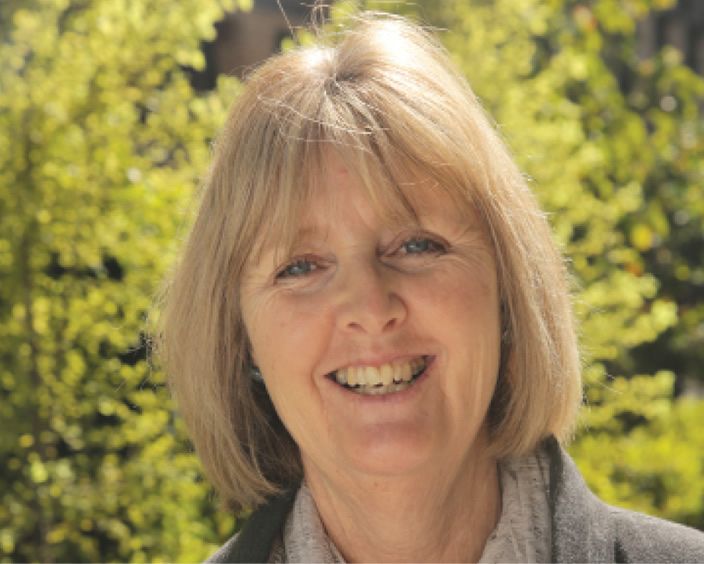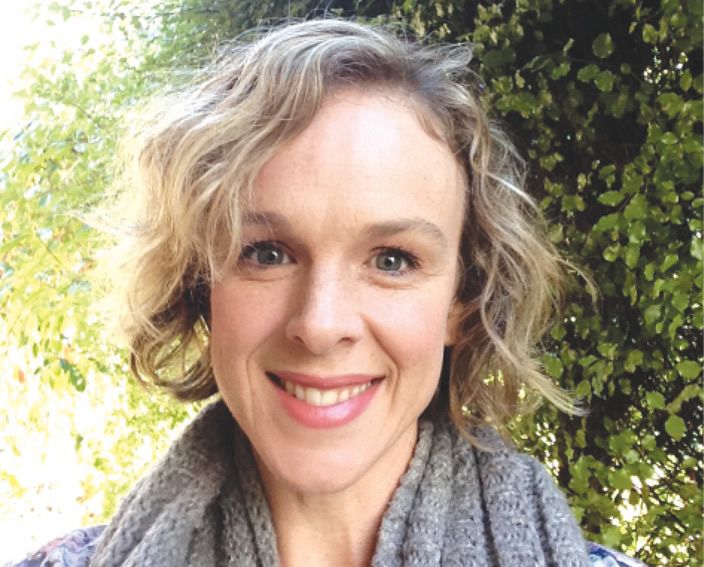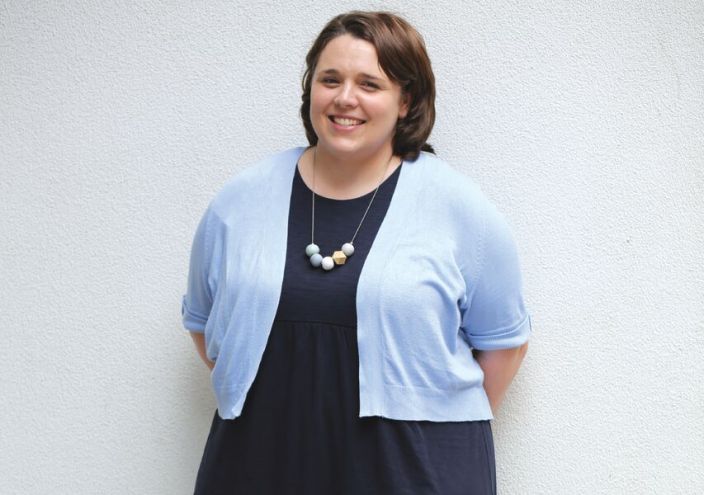One witness is the IEU’s ECS Vice President Gabe Connell.Connell (right) was Director at Albury Preschool for almost 20 years, but recently moved into a new role teaching two days a week and acting as an accreditation supervisor for NESA.
She is relishing the chance to work directly with children again and assist graduate teachers thrive and survive in the profession.
While having some trepidation about being a witness, Connell said it was well worth it.
“As the IEU has been saying for a long time, teachers are teachers. With the same qualifications as a primary school teacher and the same accreditation, we should be paid accordingly,” Connell said.
“There’s a huge problem with attracting and retaining teachers to the early childhood profession.
“Many do degrees that qualify them to teach primary as well, and they start on $20,000 a year more if they go into a primary school rather than an early childhood setting.
“Sometimes, if there’s no job in the local primary school, they will come into early childhood then move on. That’s even easier now everyone is accredited.
“It’s regulated that children have access to a qualified early childhood teacher in an early childhood setting, but soon no one will be able to find a teacher.
“Research shows 600 hours of early childhood education delivered by a degree qualified teacher provides the best outcomes for children.”
Connell said her own preschool introduced pay parity two years ago and still managed to provide low fees for parents.
“I’m worried the private sector will put up the argument that higher wages will lead straight to higher fees and a lack of affordability for parents.





































































































































